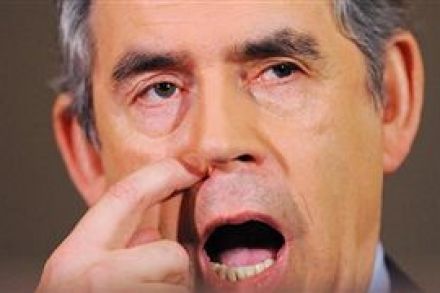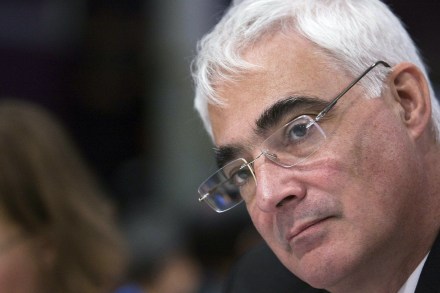The Tories are muddying their clear, blue water
Front page of the Independent: “Vote of no confidence in Tory economic policies”. As headlines go, it’s one of the worst the Tories have had for a while – even if, as Anthony Wells and Mike Smithson point out, it’s kinda misleading. Truth is, the Indy’s ComRes poll finds that 82 percent of people want “Mr Cameron to be clearer about what he would do on the economy”. And 24 percent think the Tories would have ended the recession sooner, against 69 percent who don’t. They’re hardly positive findings for CCHQ, but, by themselves, they don’t quite add up that that two-line scarehead. The main concern for CCHQ is how



















